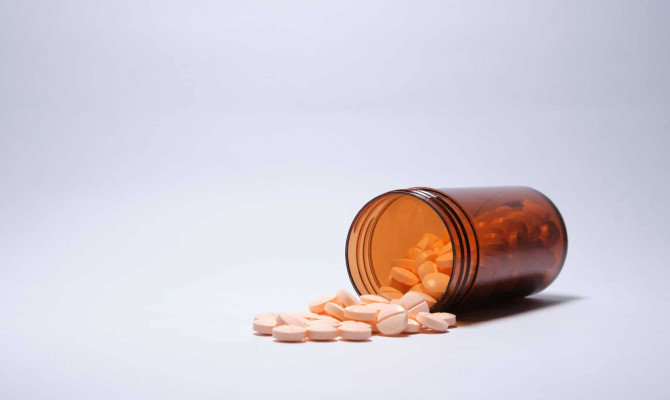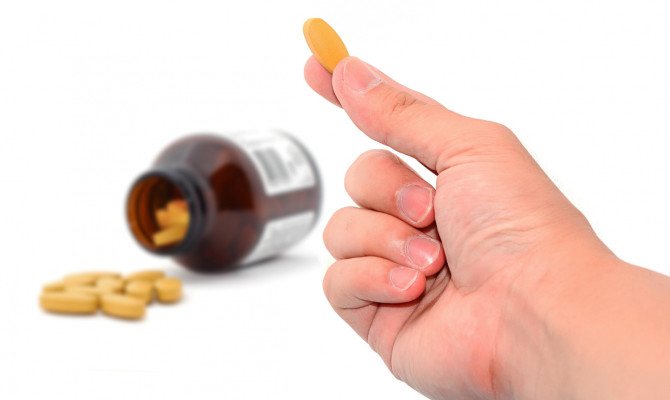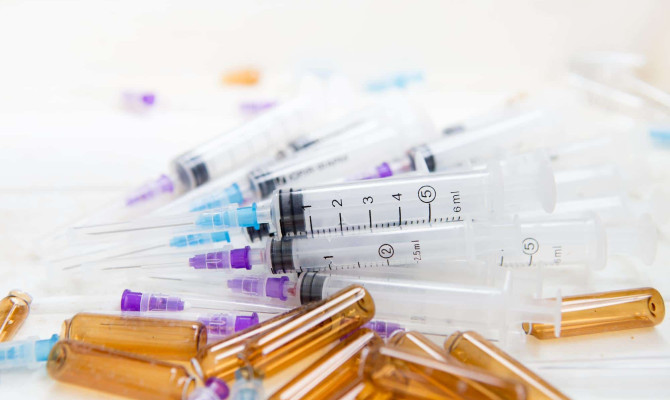Lipitor: Uses, side effects and Interactions

- Lipitor
- 25 Aug 2023
Introduction
What is Lipitor?
Lipitor is a medicine that contains an active ingredient called atorvastatin, which belongs to a group of medicines called statins (a group of medicines that control the lipid/fat levels in the body). When a low-fat diet or lifestyle changes become ineffective to lower blood lipids, patients are prescribed with this medicine to reduce the fat level in the body. 1Lipitor introduction | Researched based study from Electronic Medicines Compendium
What is hyperlipidemia?
Hyperlipidemia (high cholesterol) is a disorder that occurs when the blood produces an excessive amount of lipids or fats in the body. Affected individuals are more prone to experience a heart attack/stroke due to this disorder since it prevents blood from flowing through arteries. 4Hyperlipidemia | Researched based study from Cleveland Clinic
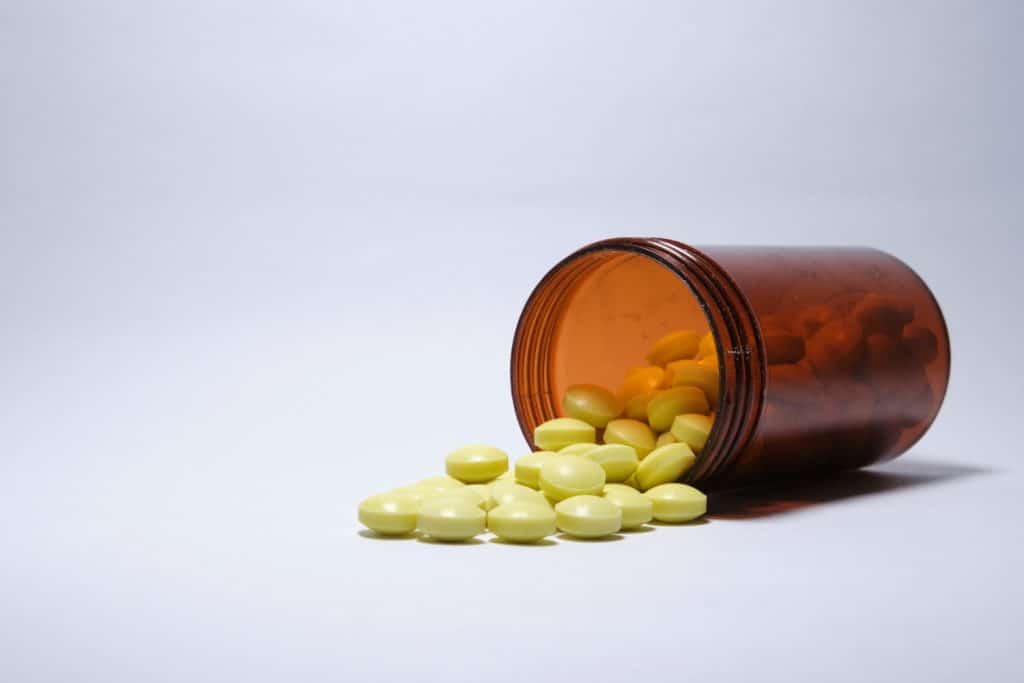
Indications & Uses
Indications & Uses:
To lower the risk of:
- Stroke, myocardial infarction (heart attack), and angina (chest pain) in adults with coronary heart disease (CHD) 3Indications and Uses | Researched based study from National Institutes of Health
- Stroke and myocardial infarction in adults with type 2 diabetes mellitus
- Fatal/non-fatal myocardial infarction, stroke, and/or angina in adults due to CHD.
In addition to diet to reduce low-density lipoprotein (cholesterol) in:
- Adults who suffer from primary hyperlipidemia (high cholesterol)
- Adults and children (aged 10 years or older) who suffer from heterozygous familial hypercholesterolemia, a genetic disorder that causes high cholesterol. 2Lipitor uses | Researched based study from National Institutes of Health
Dosage & Strengths
Lipitor – Dosage forms and strengths:
Lipitor is supplied in the form of round, film-coated tablets measuring 5.6mm, 7.1mm, 9.5mm, and 11.9mm in diameter. These tablets are marked with the numbers 10, 20, 40, and 80 on one side and ATV on the other, respectively. 1Lipitor Dosage forms | Researched based study from Electronic Medicines Compendium 2Lipitor Dosage forms | Researched based study from National Institutes of Health
How is Lipitor taken?
Lipitor can be taken at any time of the day, with or without meals, which is advised to be swallowed as a whole with a glass of water. Consult your doctor if you have any questions about how to use this medication since the medicine should always be taken exactly as prescribed by your doctor. 1Lipitor taken | Researched based study from Electronic Medicines Compendium
Side Effects
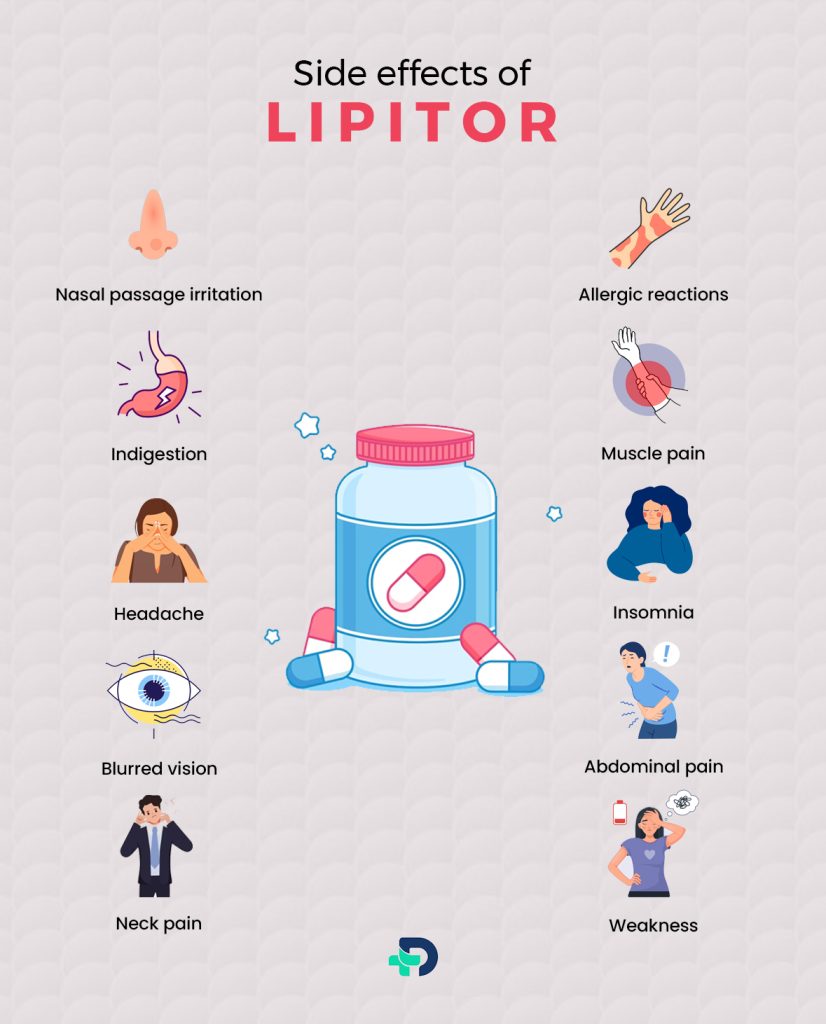
Side effects of Lipitor:
If any of these signs are bothersome or persistent, consult your physician for guidance:
Common side effects:
- Nasal passage irritation, throat discomfort, and nose bleeding
- Allergic reactions
- Rise in blood creatine kinase and blood sugar (if you have diabetes)
- Headache
- Indigestion, nausea, constipation, wind, and/or diarrhea
- Muscle, joint/back pain.
Uncommon side effects:
- Weight gain, anorexia (lack of appetite), and/or drop in blood sugar. (if you have diabetes)
- Insomnia, nightmares.
- Disorientation, loss of memory, tingling/numbness in the fingers & toes, decreased pain/touch sensitivity, and/or altered taste.
- Blurred vision.
- Ringing sound in head/ears.
- Abdominal pain, belching, vomiting, and/or pancreatitis. (inflammation of the pancreas leading to stomach pain)
- Skin rash, itching, hives, and/or hair loss.
- Neck pain.
- Muscle fatigue.
- Weakness, feeling unwell, chest pain, and/or raised temperature. 1Lipitor side effects | Researched based study from Electronic Medicines Compendium
Serious adverse effects (that could cause the patient to stop taking Lipitor medicine):
- A severe allergic reaction that could result in throat, cheek, and/or tongue swelling along with breathing difficulties.
- A serious sickness that causes severe skin peeling & swelling, blistering around the mouth, eyes, or genitalia, fever, and/or skin rash with pink-red blotches. (Particularly on the palms of the hands or the soles of the feet)
- Weakness, soreness, discomfort, reddish-brown urine, feeling unwell, and/or fever (caused by aberrant muscular breakdown) in the muscles.
- Unexpected/unusual bleeding or bruising due to liver problems.
- Rash, joint disorders, and/or effects on blood cells due to Lupus-like disease syndrome (an autoimmune disorder). 1Serious effects of Lipitor | Researched based study from Electronic Medicines Compendium
Contraindications
Contraindications for Lipitor:
It is not advised to use Lipitor:
- If you are hypersensitive/allergic to atorvastatin, and/or other ingredients of the medicine.
- If you suffer from a condition that impairs liver function as well as those who have abnormal liver function blood tests.
- If you are a pregnant woman.
- If you are nursing (breastfeeding) an infant.
- If you use the combination of glecaprevir/pibrentasvir (antiviral medicines) to treat hepatitis C infection. 1Contraindications for Lipitor | Researched based study from Electronic Medicines Compendium
Warnings & Precautions
Warnings and precautions of Lipitor:
Inform your doctor before using Lipitor medicine if any of these applies to you:
- Severe respiratory failure.
- Taking/have taken fusidic acid (an oral/intravenous antibiotic medicine, for a bacterial illness) since Fusidic acid and Lipitor together can cause severe muscle issues (rhabdomyolysis).
- Previous stroke with bleeding into the brain, or small pockets of fluid in the brain from previous strokes.
- Kidney problems.
- Hypothyroidism (under-active thyroid gland).
- Repeated/unexplained muscle aches/pains, a personal/family history of muscle problems.
- History of muscle problems during treatment with other lipid-lowering. medicines (such as statin/fibrate medicines).
- Suffering from alcoholism.
- History of liver disease.
- Have/had myasthenia (a condition that causes generalized muscle weakness, which can sometimes affect the muscles needed for breathing).
- Persistent muscle weakness.
Patients with renal (kidney) problems:
Patients suffering from kidney problems such as renal impairment, should consult a doctor before taking Lipitor medicine to avoid undesirable effects.
Patients with hepatic (liver) problems:
Patients suffering from liver problems such as hepatic impairment, should consult a doctor before taking Lipitor medicine to avoid undesirable effects.
Use in particular populations:
Pregnant women:
- It is advised that you avoid taking this medication if you are pregnant or planning a pregnancy because there is no data on the safety and effectiveness of its use in this population.
- Ask your doctor for information on how to prevent unfavorable effects during pregnancy.
Breastfeeding women:
- It is not known whether Lipitor travels via breast milk, which could have adverse effects on nursing infants, hence breastfeeding moms should avoid taking this medicine.
Use in children:
- To prevent negative effects, Lipitor should be used with caution in children and adolescents (aged 10 years and above) after consulting the doctor.
Use in elderly patients:
- Patients who are elderly (70 years of age or older) should use Lipitor medicine with caution after consulting the healthcare provider to avoid side effects in this age group. 1elderly patients | Researched based study from Electronic Medicines Compendium 2elderly patients | Researched based study from National Institutes of Health
Recommended Tests
Recommended tests before and during treatment with the Lipitor medicine:
A blood test before and during Lipitor treatment may be indicated to assess the risk of muscle-related side effects, which may include rhabdomyolysis (a breakdown of muscle tissue that leads to the release of muscle fiber contents into the blood) when Lipitor and other medications are taken concurrently. 1Recommended tests | Researched based study from Electronic Medicines Compendium
Interactions
Interactions:
Interaction between drugs:
Many medications can interact with Lipitor, and some medications are to be avoided when taking the medication. Before taking Lipitor, tell your doctor about all of the medications you take, including any of the ones listed below, to prevent side effects.
- Ciclosporin. (a medicine used to alter the function of the immune system)
- Antibiotics/antifungal medicines (used to treat bacterial/fungal infections) Ex. telithromycin, erythromycin, clarithromycin, itraconazole, ketoconazole, voriconazole, fluconazole, Posaconazole, rifampin, fusidic acid.
- Medicines used to regulate lipid levels (Ex. colestipol, gemfibrozil)
- Some calcium channel blockers used to treat angina or high blood pressure. (Ex. amlodipine, diltiazem)
- Medicines used to regulate heart rhythm. (Ex. digoxin, verapamil, amiodarone)
- Letermovir (an antiviral medicine that prevents cytomegalovirus infection)
- Antiretroviral medicines (used to treat HIV infection) Ex. darunavir, ritonavir, indinavir, lopinavir, atazanavir
- Medicines used to treat hepatitis C infection (Ex. Boceprevir, ledipasvir/sofosbuvir, elbasvir/grazoprevir, telaprevir)
- Ezetimibe (used to lower cholesterol)
- Warfarin (used to reduce blood clotting)
- Oral contraceptives (used to prevent pregnancy)
- Stiripentol (an anti-convulsant used to treat epilepsy)
- Cimetidine (used to treat heartburn & peptic ulcers)
- Phenazone (a painkiller used to reduce pain)
- Colchicine (used to treat gout)
- Antacids (used to reduce indigestion) Ex. magnesium hydroxide, aluminum hydroxide
- St John’s Wort (medicine used to treat depression). 1Interaction between drug | Researched based study from Electronic Medicines Compendium
Drug-food interaction:
Grapefruit juice should not be consumed in excess of one or two small glasses per day because excessive consumption will alter the effect of Lipitor medicine.
Takeaways
Takeaway tips:
- Lipitor is a prescription medicine used when a low-fat diet and lifestyle adjustments have failed to reduce blood lipids such as cholesterol and triglycerides in affected individuals.
- The common side effects associated with the use of Lipitor are nasal passage irritation, throat discomfort, nose bleeding, headache, indigestion, nausea, constipation, wind, and/or diarrhea
- Patients who are allergic/hypersensitive to atorvastatin, a lipid-regulating medicine, should not take Lipitor medicine.
- Lipitor should not be taken by women who are pregnant or nursing
- Patients with kidney and liver issues should use Lipitor with caution and should speak to a doctor before taking the medication to prevent negative side effects. 1Lipitor Cautions | Side Effects | Researched based study from Electronic Medicines Compendium 2Lipitor Cautions | Side Effects | Researched based study from National Institutes of Health
Any feedback on this article?
 This Articles content was accurate
This Articles content was accurate Very Informative Article
Very Informative Article I have a question or a comment
I have a question or a comment
 This article contains inaccurate content
This article contains inaccurate content This article was not helpful
This article was not helpful I have a question or a comment
I have a question or a comment
We appreciate your helpful feedback!
Checkout our social pages
References
-
Electronic Medicines Compendium
Lipitor introduction | Lipitor Cautions | Side Effects
-
National Institutes of Health
Lipitor Cautions | Side Effects
-
National Institutes of Health
Indications and Uses |
-
Cleveland Clinic
Hyperlipidemia Disorder














